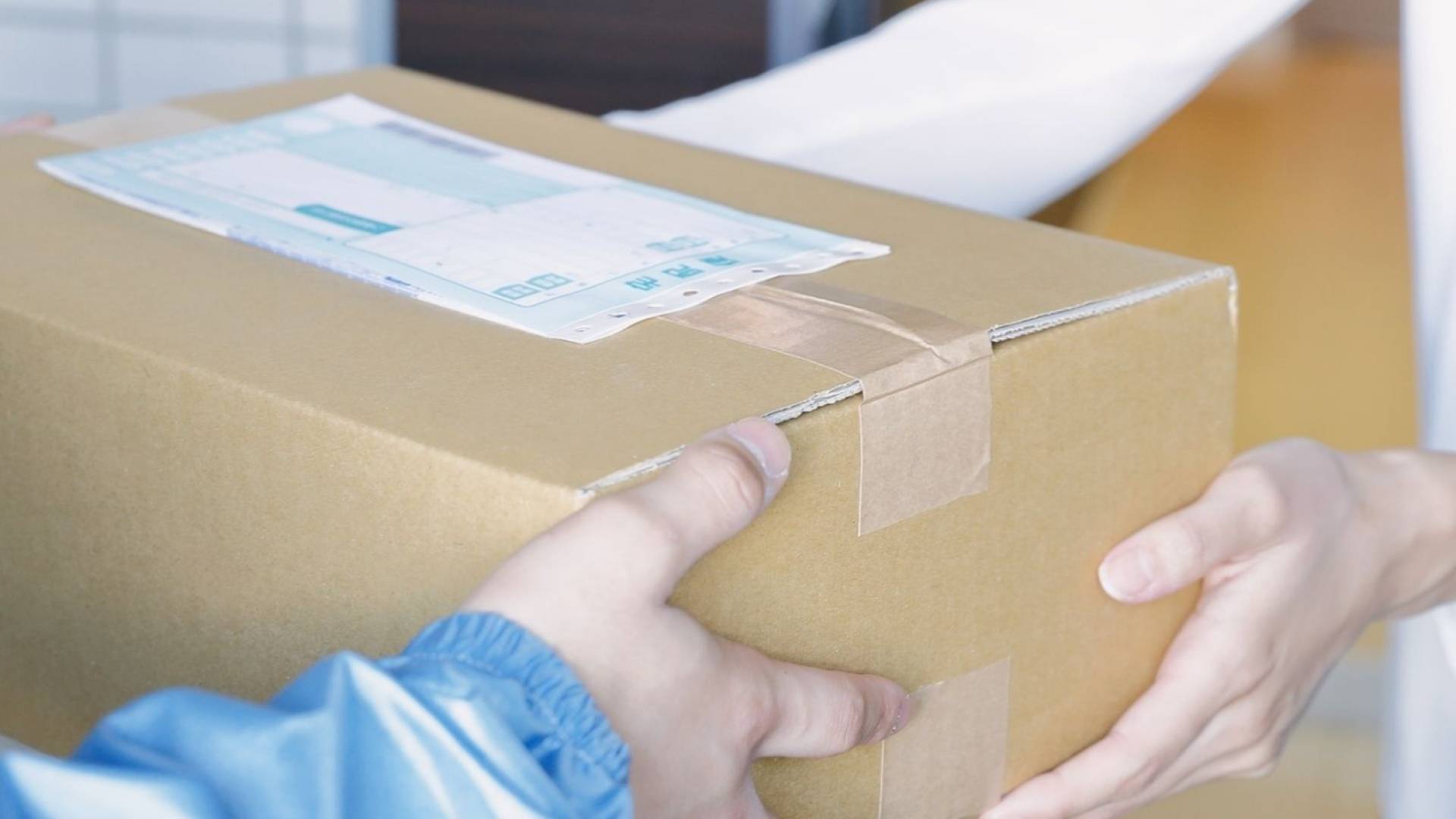An illustrative image of postal parcels
Jordan Customs: New tariff change applies only to parcels under JD 200
Note: AI technology was used to generate this article’s audio.
Jordan Customs Director General Maj. Gen. Ahmad Al-Akailik confirmed that the latest adjustment to customs brackets applies exclusively to postal parcels and shipments valued at less than JD 200.
Speaking to Roya, Al-Akailik explained that this category - classified as personal purchases - has been exempted from the previous 10% customs duty and will now be subject only to a 16% tax.
Al-Akailik noted that the decision, announced by the Prime Minister’s Office but not yet in effect, is part of the government’s efforts to regulate market activity.
He said the “main driver” behind the decision is to achieve a balance between traditional trade and e-commerce, which he described as a global trend offering faster delivery for consumers.
Why the JD 200 threshold?
Al-Akailik said the “under JD 200” category was chosen because it reflects purchases that are strictly personal in nature.
Parcels valued above JD 200, however, require full customs declarations and are subject to the standard customs tariff based on their assessed value, in accordance with the law.
E-commerce volume in Jordan
The Customs Director highlighted the scale of the sector, noting that Jordan handled three million postal shipments since the establishment of the E-Commerce Center, beginning in September. Personal purchases valued under JD 200 accounted for two-thirds of that total.
A tool for economic stability
Al-Akailik emphasized that customs tariffs remain one of the government’s key tools to help stabilize the economy. He said tariff adjustments “are not new and will not be the last,” as they are influenced by both local and global conditions, including reduced purchasing activity.
He added that the decision was not taken lightly, stressing its goal of protecting national industries. Goods with local alternatives were excluded to encourage competitiveness, while many production inputs already receive significant customs exemptions in Jordan.




